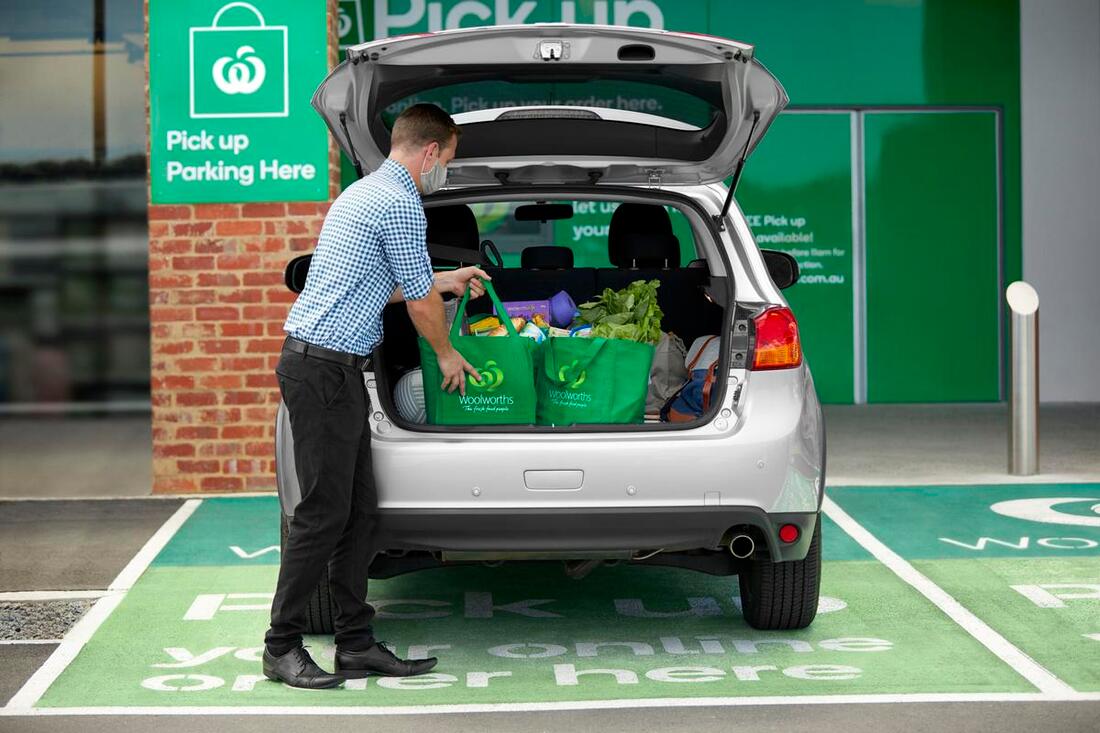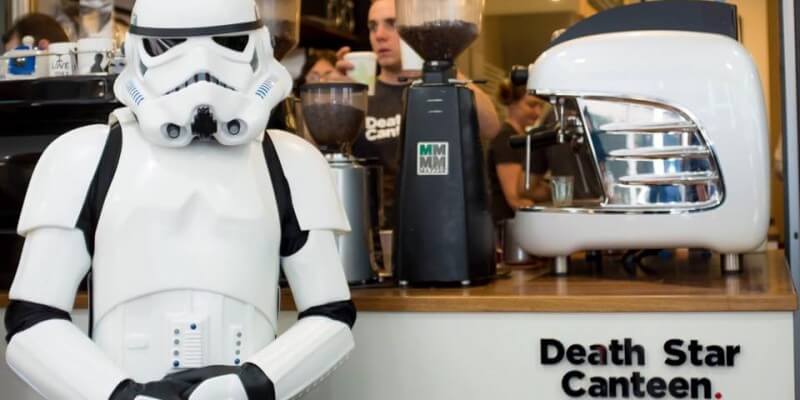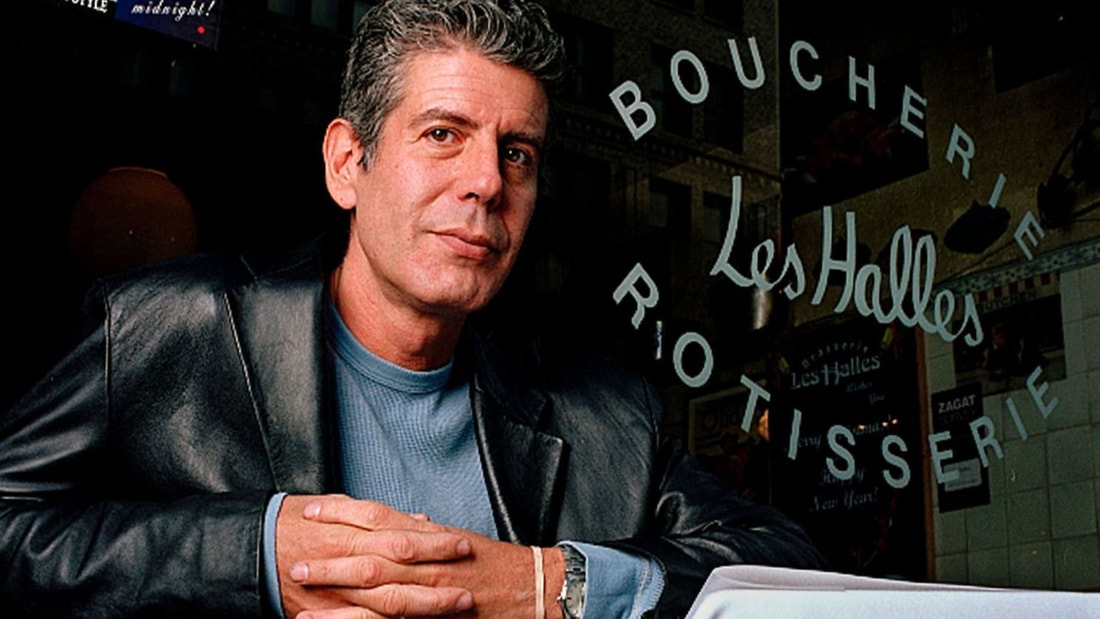|
The supermarkets care about their customers. The airlines care about their customers. The banks care about their customers. But they don't care about you ...their customer. You see they care about the construct of what a customer is in their mind. They care about their target audience. The avatar they have in their business plan. They talk about the customer in boardroom meetings non-stop. But when you have an actual problem they don't care about you. Supermarkets are spending millions on television promoting contactless pick up. You order a day in advance, turn up at the appropriate time and guess what, they're still picking your order.... come back in 45 minutes. You stand in dispatch as a staffer profusely apologises. Management don't know and don't care. They don't care what you have planned, your day, your family, your week, your commitments set around your allotted pick up time, and the person apologising just feels bad about it but knows there is nothing in their control they can possibly do about it. Supermarkets, banks, big institutions, the airlines ...sure they care about customers ...they care about the construct what a customer should be... but they don't care about you. They care about the thing called a customer. So in your business, care about people, the actual person... and be uncommon!
0 Comments
Prior to a gig I was cruising the Brisbane CBD looking for a cafe that would give me a great brew. When I looked up I saw this sign. The sign said This is the cafe you're looking for. Challenge accepted. With that, I took a seat inside and ordered my coffee. Death Star Canteen is loosely themed around Star Wars. However what was so intriguing about the cafe was how they challenged the construct of a typical coffee shop. Typically you place an order across the counter, a staff member takes the order, tells you how much it will cost, brings up the charge, hands you the eftpos machine, you tap, your name is called out, you're given your brew. Death Star challenge that construct. As I watched, regulars would walk up, grab a coffee cup themselves, find a sharpie, on the side of the cup write their order, grab the eftpos machine, the customer would enter the amount of the coffee, push enter, tap with their card, then wait on the footpath. Your name is not called, you can't be looking at your phone and waiting for them to call you. Instead the coffee is made, put down, it's your responsibility to grab it. If you don't have a credit card and you're paying with cash, you simply put your money in a cup. None of the team checked any of this. They concentrated on what they do best... which is making a rich, earthy, well-made coffee that satisfies the brew requirement. It's such a challenge of construct. Why is it that the customer can't enter the amount? Why is it we can't write our own order, enter the amount, and tap? One reason. TRUST. The customer can do it, but we don't trust the customer. The construct is that the store owner must enter all details and process the transaction because essentially we don't trust our customer. These guys do. Once I ordered my coffee and observed what was going on, I wanted to go back the next day to follow their process to become part of the Death Star tribe. The regulars knew exactly what to do and I wanted to feel like I was a regular. I wanted to feel trusted. This is such a brilliant construct adjustment that we should all reconsider for our own business. What if you did trust your customer or client?
Anthony Bourdain was the legendary chef of Brasserie Les Halles, best-selling author, and famed television personality. If you were fortunate to work in his kitchen you wouldn’t dare so much as boil hot water without attending to a ritual that’s essential for any self-respecting chef: mise-en-place. The “Meez,” as it's known, translates into “everything in its place.” In practice, it involves studying a recipe, thinking through the tools and equipment you will need, and assembling the ingredients in the right proportion before you begin. It is the planning phase of every meal—the moment when chefs evaluate the totality of what they are trying to achieve, and create an action plan for the meal ahead. When we find ourselves in that place of frustration at work, confusion, tight chested, distracted and feeling like we're getting nothing done.. like you've lost your Mojo then perhaps think of "the meez". Focus, create a list of all that is to be done, create an action plan for the greatest priority, focus, do one thing, get the tools required, block out ALL distractions, and get to work. For the experienced chef, mise-en-place is a state of mind. “Mise-en-place is the religion of all good line cooks,” Bourdain wrote, and it should be the religion of all great strategic leaders... who have mojo!
|
|
ABN: 16 079 593 785. Tel: +61 2 9231 5256
Postal Address: 21/4-8 Waters Road, Neutral Bay, NSW, 2089 Australia
Site Design by Bertwistle Holdings. Photography by Sarah-Jane O'Hara



 RSS Feed
RSS Feed